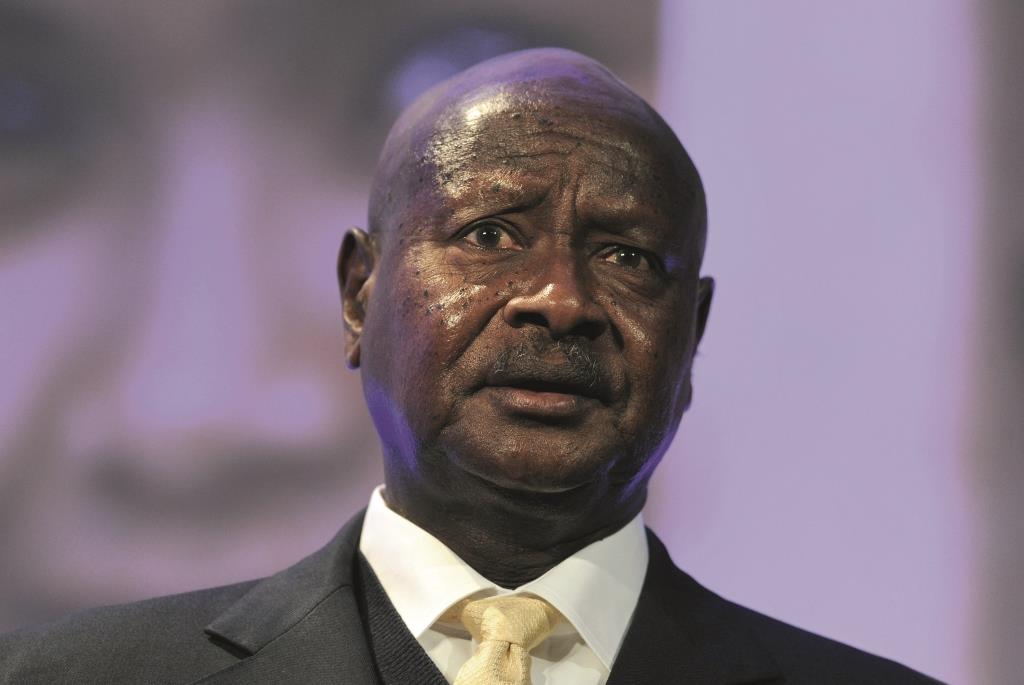The long delayed signing of a new trade agreement with the European Union further exposes the chaotic state of integration within the East African Community (EAC) bloc.
The pact, known as the Economic Partnership Agreement (EPA), was originally set for ratification on October 1, 2016, but, five months later, that is still to happen.
The impasse has split the EAC bloc. While Kenya and Rwanda signed the agreement in September last year, Tanzania, Uganda and Burundi are yet to do so, citing the need for more time to analyse the deal.
The stance taken by Tanzania, Uganda and Burundi means that the pacts signed by Kenya and Rwanda are inconsequential – a new agreement with the EU must be endorsed as a bloc.
Tanzania’s President John Magufuli and his Uganda counterpart l have remained vocal against a rushed deal with EU, even as Kenya’s frustrations deepened given the risks of not concluding a deal with Europe.
“It is better if the signing of the deal is shelved until further consultations are made,” Museveni told a media briefing while on a state visit in Tanzania at the end of February.
Kenya stands to lose the most if the deal falls through. The other EAC member states – Tanzania, Burundi, Uganda and Rwanda – would continue to get duty- and quota-free access under the EU’s Everything But Arms (EBA) initiative, since they are classified as the least developed countries.
This whole quandary shows how shallow the EAC integration has been, despite the bloc attaining the critical customs union status way back in 2005 and a common market in 2011. Integration goes beyond just having such structures; other aspects, such as trust and solidarity, are critical to moving things forward.
A review of recent key events in East Africa reveals massive levels of negative rivalry and mistrust which doesn’t augur well for the bloc. Things have not been well since 2013 when Tanzania fell out with Kenya, Rwanda and Uganda following the formation of their short-lived ‘coalition of the willing’, ostensibly to push for faster integration.
The now collapsed initiative was a terrible diplomatic mistake by Uganda, Rwanda and Kenya because it weakened the spirit of consensus and teamwork in the bloc. Since then, the chaos and mistrust triggered by this wild experiment has been evident in key issues involving the bloc. For instance, a new infrastructure and energy partnership between Tanzania and Uganda has left Kenya frothing at the mouth, especially after Kampala pulled out of an initial deal to build a joint crude pipeline with Kenya in favor of a route through Tanzania.
Kenya clearly feels slighted by the latest dalliance between Dar es Salaam and Kampala as was shown during the recently held election of a new chairperson of the African Union Commission. When Kenya’s candidate in the elections, Amina Mohamed, was defeated, Nairobi promptly pointed accusing fingers at Tanzania and Uganda for allegedly sabotaging its efforts to clinch the position it had highly campaigned for. Both Tanzania and Uganda denied the claims.
“Uganda wishes to state categorically that our support to the candidature of Amina before and during elections was unequivocal. Uganda wishes to reassure the government and the people of Kenya, and Amina in particular, that we remain a reliable ally and partner given our warm and close relations and our commitment to the EAC integration,” Uganda’s Foreign Affairs ministry said in response to Kenya.
Tackling the mistrust and clandestine power rivalry will be critical in putting the EAC back on a clear path to full integration which would help address challenges such as those being experienced in the elusive EPA deal. The big brother syndrome has no place in regional integration and all partners must inculcate a spirit of comradeship to excel.
Kenya and Rwanda must not been seen to be bulldozing the rest to sign a pact with Europe. Their decision to sign the deal ahead of the rest sent the wrong signal to other EAC partners who read mischief in the whole process.
Concluding the deal with Europe is critical for the EAC as it would help settle anxiety among investors. Business loathes a vacuum and efforts must be made to clear all hurdles to find a deal that would be favorable to all.
